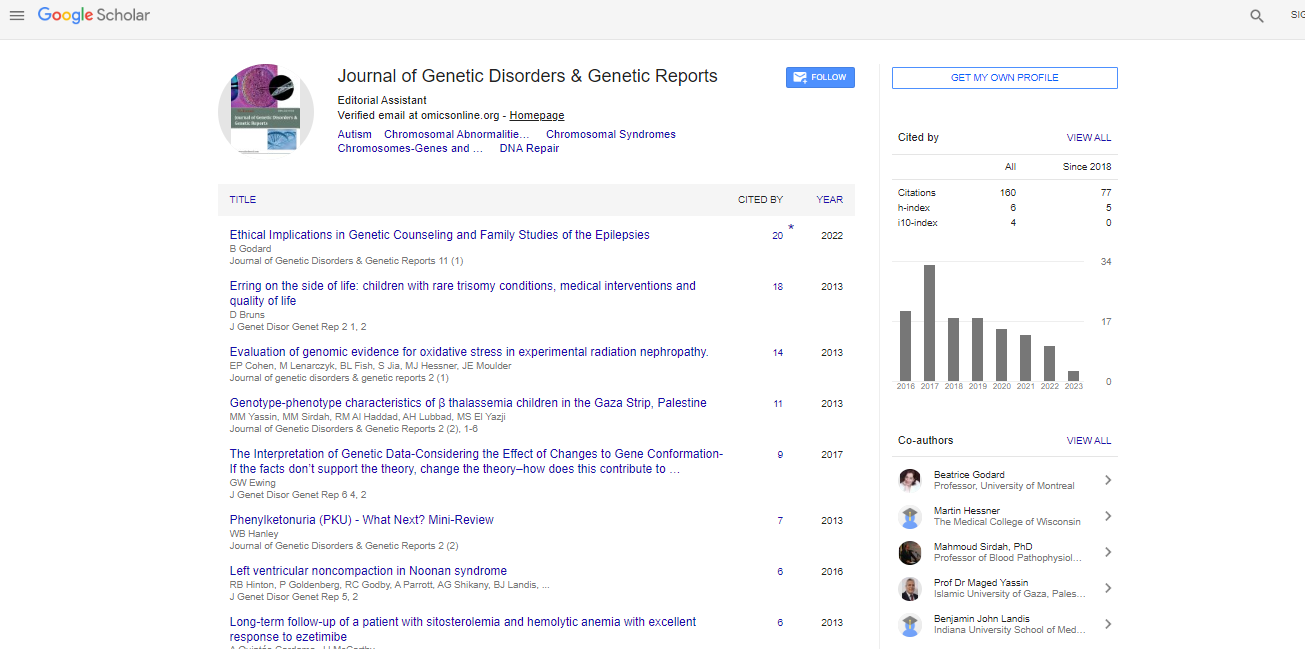Letter to Editor, J Genet Disor Genet Rep Vol: 5 Issue: 1
Anti-Ige (Omalizumab) Improved Trombotic Emboli by Elevating Activated Protein C, Protein S, and Antithrombin III in a Case of Prothrombin G20210A Mutation: Long Term Follow-Up
| Arzu Didem Yalcin1* and Betul Celik2 | |
| 1Department of Internal Medicine, Allergy and Clinical Immunology Unit, Antalya Training and Research Hospital, Antalya 070707, Turkey | |
| 2Department of Pathology, Antalya Training and Research Hospital, Antalya 070707, Turkey | |
| Corresponding author : Arzu Didem Yalcin Department of Internal Medicine, Allergy and Clinical Immunology Unit, Antalya Training and Research Hospital, Antalya 070707, Turkey E-mail: adidyal@yahoo.com; adidyal@gate.sinica.edu.tw |
|
| Received: September 09, 2015 Accepted: December 15, 2015 Published: December 21, 2015 | |
| Citation: Arzu Didem Yalcin, Betul Celik (2016) Anti-Ige (Omalizumab) Improved Trombotic Emboli by Elevating Activated Protein C, Protein S, and Antithrombin III in a Case of Prothrombin G20210A Mutation: Long Term Follow-Up. J Genet Disor Genet Rep 5:1. doi: 10.4172/2327-5790.100012 |
Abstract
Plasma protein C levels were significantly lower compared to patients without acute rejection at the time of rejection, specifically antibody mediated rejection [1,2]. In a parallel mammer Endothelial Protein C Receptor (EPCR) expression was found higher in tubules and arteries of rejection patients than in control patients [3] and activation of the inflammatory/coagulation cascades has been suggested in the pathogenesis of the rejection.
 Spanish
Spanish  Chinese
Chinese  Russian
Russian  German
German  French
French  Japanese
Japanese  Portuguese
Portuguese  Hindi
Hindi 



